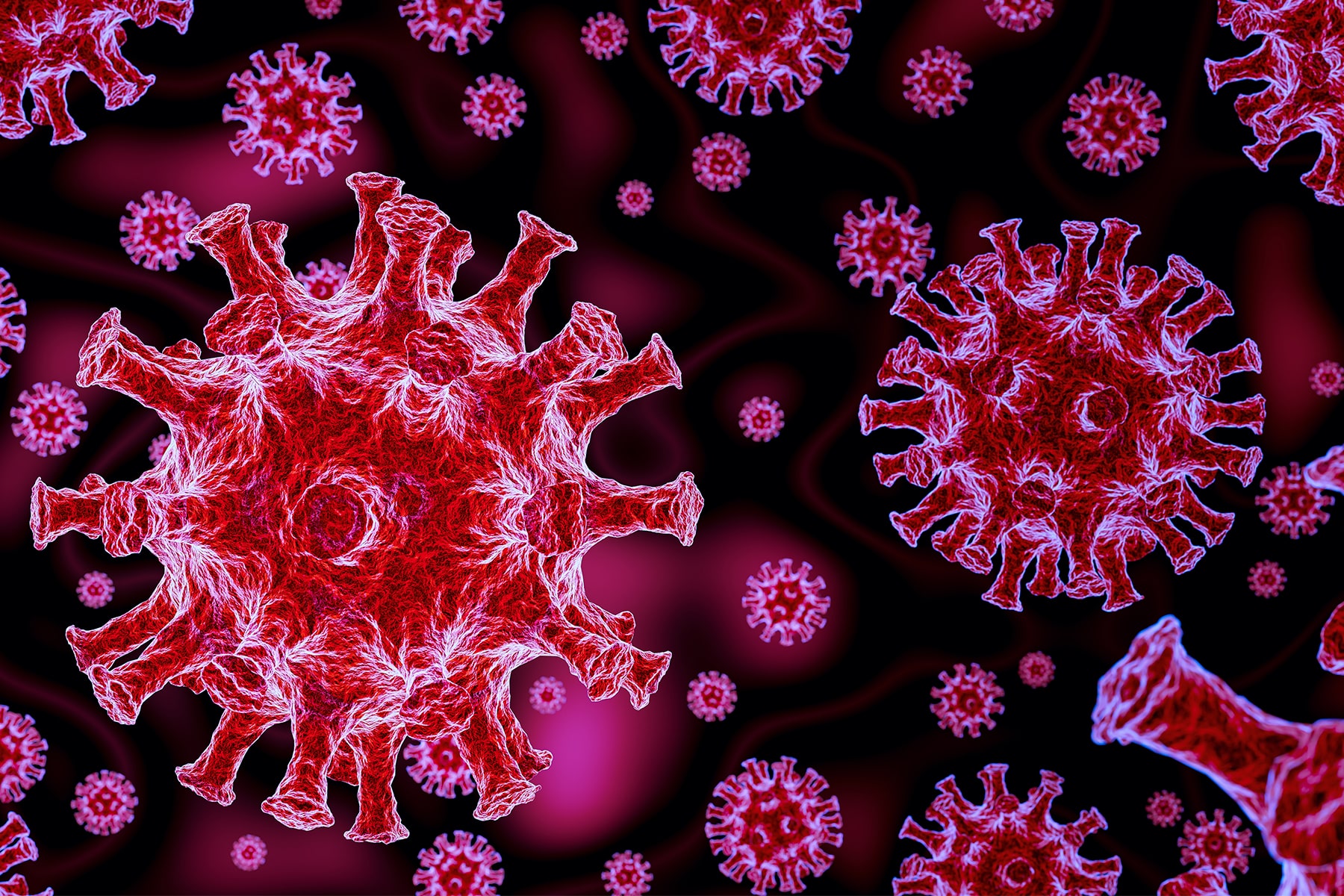COVID-19 pandemic has scientists and immunologists across the world puzzled as it has claimed millions of lives, made some really sick, while others have recovered unscathed. And it has pharmaceutical companies and governments racing to get a vaccine ready.
What has got experts concerned is the sporadic identification of autoreactive antibodies that instead of targeting disease causing microbes, target tissue of individuals suffering from severe cases of the novel coronavirus. Matthew Woodruff, an instructor at the Lowance Center for Human Immunology Emory University, brought to the fore that early studies implicated these autoantibodies in dangerous blood clots forming in patients admitted to intensive care. More recently, they have been linked to severe disease by inactivating critical components of viral immune defences in a significant fraction of patients with severe disease, he said. Woodruff, with the Lowance Center group, has been investigating the immune response responsible for producing antibodies in coronavirus.
The group, in a recent study, have described the alarming finding that in the sickest patients with COVID-19, autoantibody production is common. This is a finding with large potential impact on both acute patient care and infection recovery. The group analyzed the medical charts of 52 patients in intensive care who were diagnosed with the novel coronavirus. More than half of the 52 patients tested positive for autoantibodies. Notedly, in patients with the highest levels of c-reactive protein (a marker of inflammation) in the blood, more than two-thirds displayed evidence that their immune system was producing antibodies attacking their own tissue. Although patients with severe disease clearly display autoantibody responses, Woodruff said the data don’t reveal the extent the autoantibodies contribute to the most severe symptoms of the virus. “We believe that the autoreactive responses we have identified here are specific to the SARS-CoV-2 infection. There is no reason to believe that similar results would be expected through vaccination against the virus,” he said.
Researchers believe that these self-targeted antibody responses may indeed contribute to disease severity, and this helps explain the delayed onset of severe symptoms in some patients that may correlate with antibody production.

